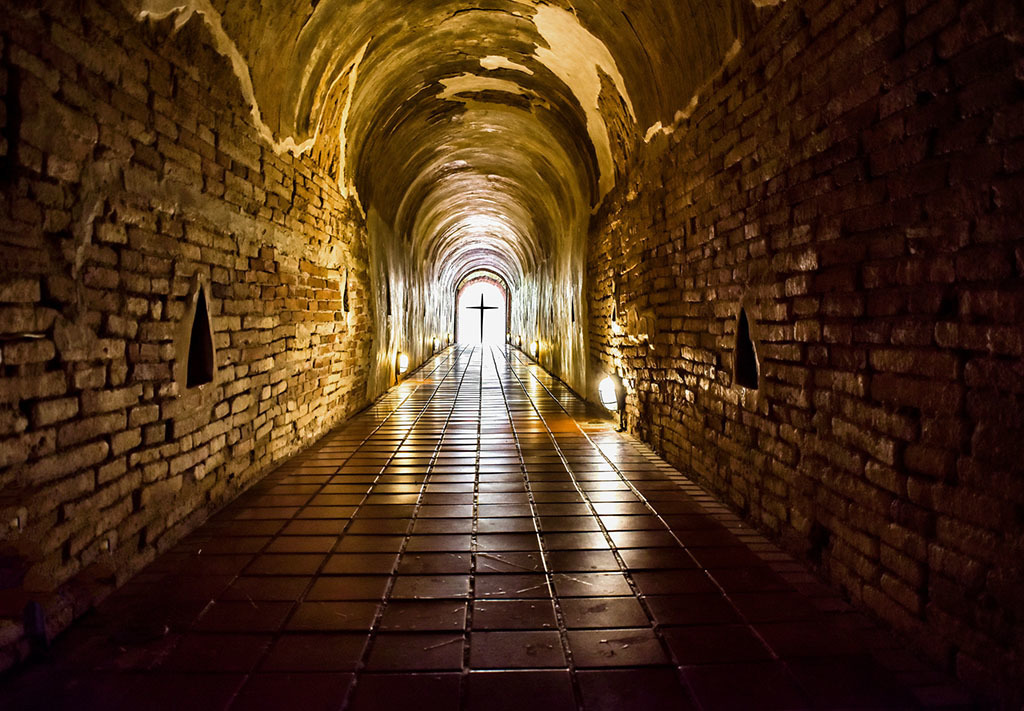Beyond Belief: Why More People Are Embracing Afterlife Mysteries—Even Without Religion

A fascinating shift is emerging in American spiritual beliefs: the concept of an afterlife is gaining traction, even among those who traditionally identify as religiously unaffiliated. Recent data reveals a surprising trend of growing interest in life beyond death, transcending traditional religious boundaries.
The rise in afterlife belief is particularly intriguing among "religious nones" - individuals who do not align themselves with any specific religious denomination. This demographic, once considered less likely to embrace spiritual concepts, is now showing increased openness to the possibility of existence after physical death.
This evolving perspective suggests a more nuanced understanding of spirituality in contemporary American society. People are increasingly viewing the afterlife not through rigid doctrinal lenses, but as a more personal, flexible concept that offers comfort and meaning beyond traditional religious frameworks.
Researchers note that this trend reflects a broader cultural transformation, where individuals are crafting more individualized spiritual narratives that blend personal experiences, philosophical insights, and a sense of cosmic connection. The growing acceptance of afterlife beliefs indicates a complex and dynamic spiritual landscape in modern America.
